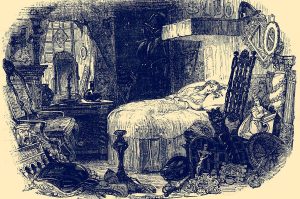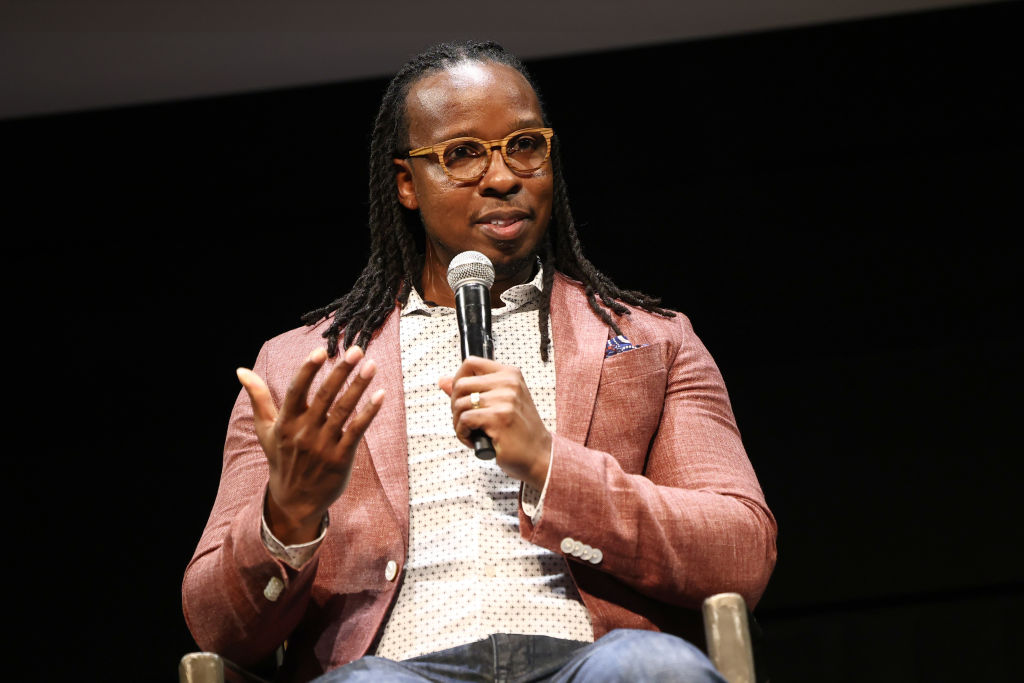Stephen Rubin may not be a household name, but one gets the impression that doesn’t bother him much. Since he began his career in the ’80s, he has built his reputation on publishing zeitgeist-baiting fiction and non-fiction alike, ranging from the undeniably good (John Grisham’s The Firm) to the undeniably bad but hugely lucrative (The Da Vinci Code), along with George W. Bush’s memoir Decision Points.
You may not like all, or even most, of the thousands of books that Rubin has been involved with, but you cannot deny his commercial acumen. He knows what people want to buy, and has been as responsible as anyone in the United States for bringing it to them.
Rubin, who remains a consultant publisher at Simon & Schuster, this month is releasing his own autobiography, Words and Music: Confessions of an Optimist, published by Applause Books. The memoir might be largely celebratory in tone, but Rubin is suffused with pessimism about the publishing industry. In a recent interview with the Daily Telegraph, he stated, ‘‘The almost knee-jerk response to diversity and inclusion has ultimately – and ironically – made publishers less diverse. If you’re publishing mostly books by people of color and people who are gay, then where’s the diversity?’’
Warming to his theme, he railed against ‘‘risk-averse’’ publishers who are terrified to invest in authors’ careers, and who prize tokenism over talent. As he said, ‘‘It’s a tremendous irony that, by ticking all the boxes, they become less diverse. I’m being critical of the fact that there are too many books like this. That to me is a very disturbing thing. I don’t care who you are. Nobody wants to only read those kinds of books.’’ For good measure, he also laughed at the ‘‘liberal friends and colleagues’’ for whom he became ‘‘public enemy number one’’ when he published Decision Points, saying, ‘‘I couldn’t care less’’ about their response.
Throughout Words and Music, Rubin exhibits a similarly cheery sensibility, name-dropping with glee. (He must be one of the few people to have got on with Norman Mailer, whom he calls ‘‘affable and rather jolly.”) He suggests which books he overpaid for — titles by everyone from Mia Farrow to Carlos Ruis Zafon — and which ones did well for him, including, naturally, Decision Points, which sold three million copies in the US alone.
He also rhapsodizes about Britain, where he lived and worked for a while, and says disarmingly, ‘‘I do not consider publishing The Da Vinci Code the defining moment of my career in books.’’ Over the course of his brief memoir, he goes into detail about which books he commissioned that became bestsellers — and why — and disappointments that should have been hits. It’s a fascinating dive into the complex world of publishing, and a must-read for anyone at all interested in books.
Rubin concludes, ‘‘As I look back, it amazes me how many extraordinary opportunities seem to have fallen into my lap. I know I was pushy, cheeky, even audacious at times, but there was never a master plan, a stratagem. Just optimism.” All the while, he suggests that the opportunities open to him will no longer be available to a younger generation.
It might be for the best in publishing that there is far greater attention paid to diversity and representation than in Rubin’s heyday, but there is also the undeniable truth that the decline of the white male author has not coincided with a greater number of epoch-defining bestsellers. (We all remember, of course, what has happened to J.K. Rowling.) It is an industry that, if it is not in crisis, is in a squirming and uncertain state of flux. And if it can no longer contain the likes of Rubin, merrily speaking truth to power, one wonders what its future will be.

























